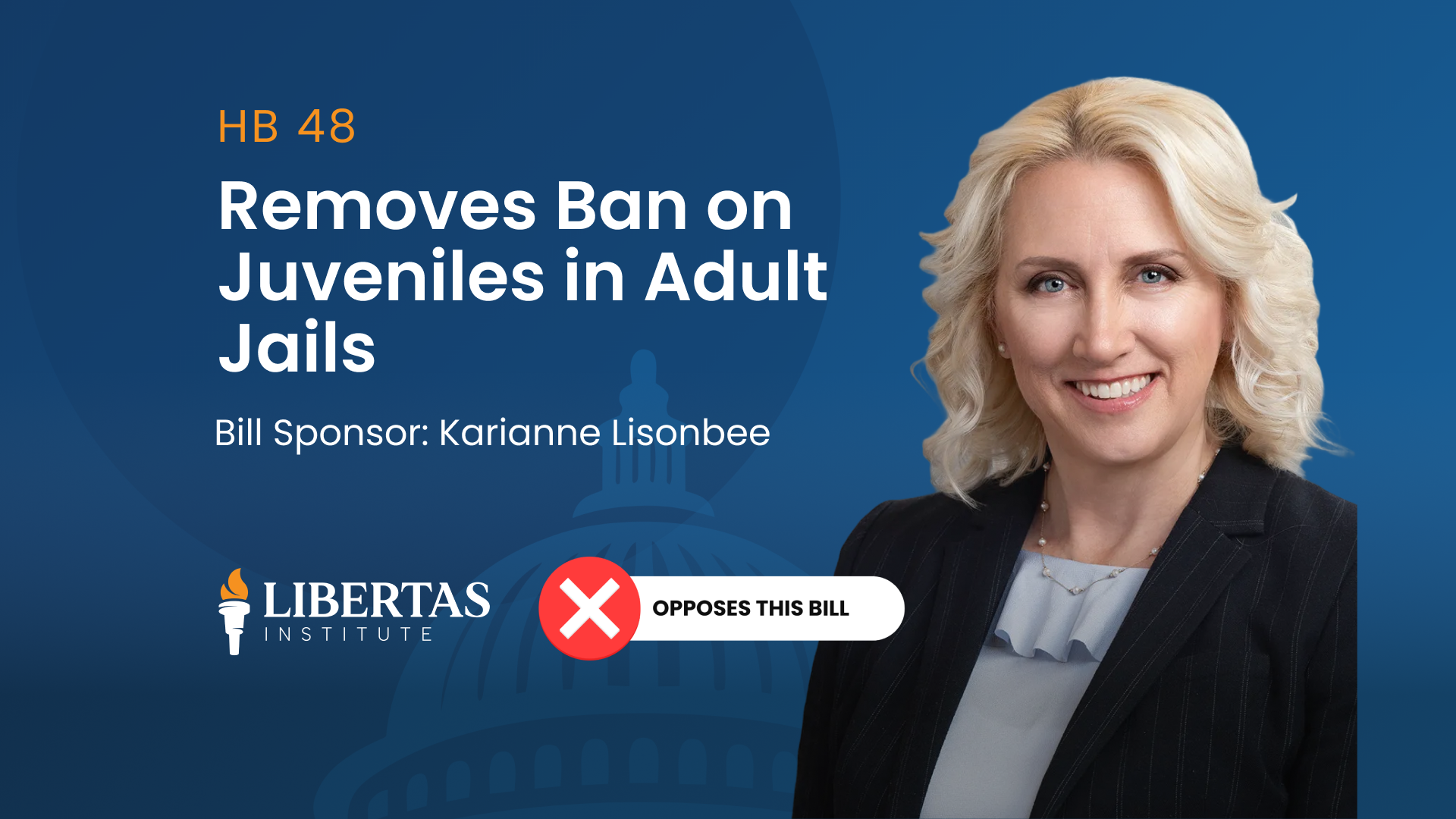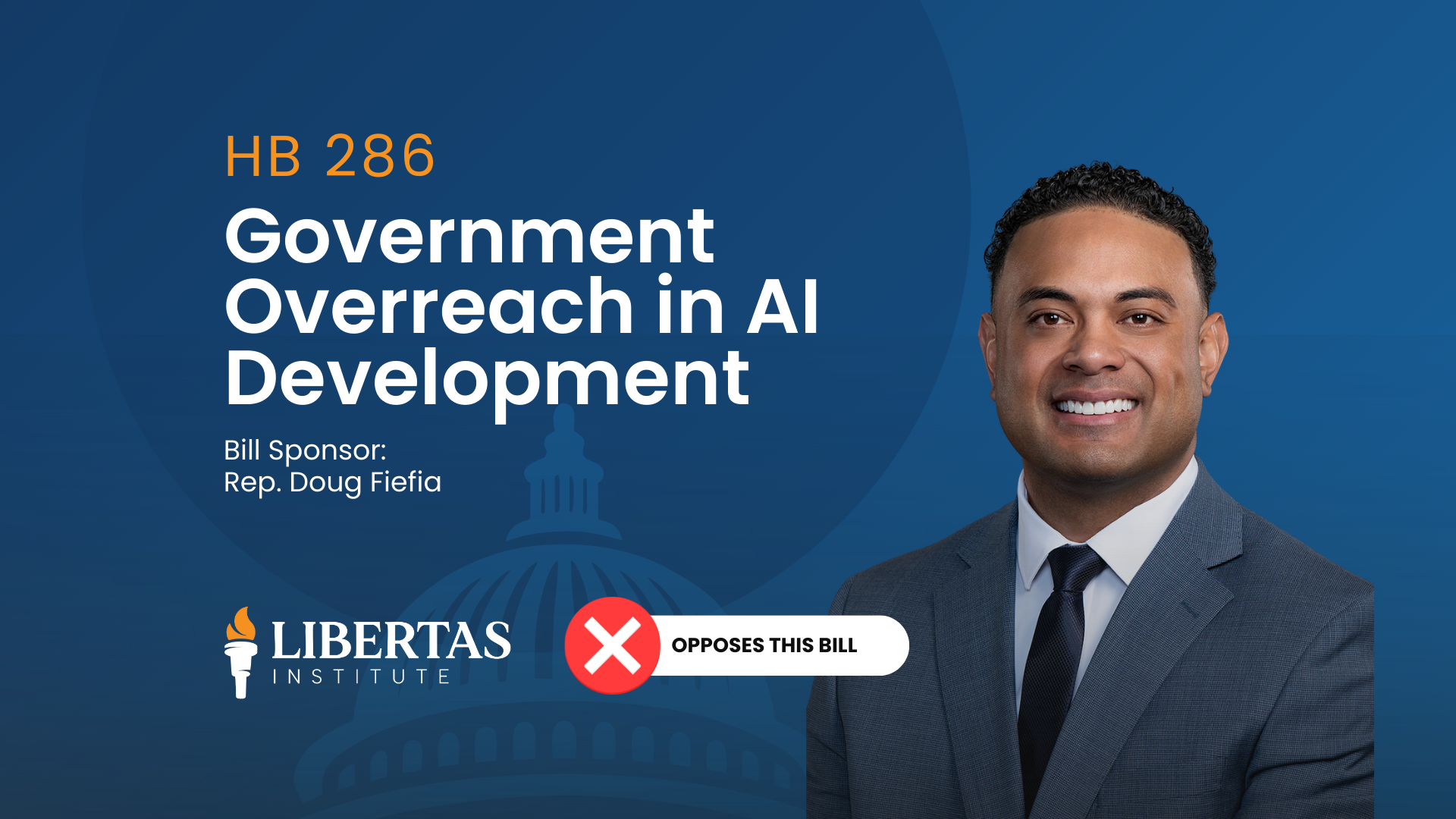This bill passed through the House with a vote of 64-7 and was passed unanimously through the Senate.
Libertas Institute supports this bill
Utahns regularly share meals they make with neighbors, friends, and others. It is common during holidays, or when people are sick or in need of service, to see people making food for others. This food is not inspected or regulated; the recipes are not approved by bureaucrats. And nobody gets deathly sick or suffers from a disease outbreak.
In light of this commonplace activity, it is not surprising to see the sharing economy—think Airbnb, Uber, and more—work its way into the food service industry. One company, Josephine, enables individuals to conveniently sell home cooked meals to others. Another, a new startup in Utah called SlapUp, is also looking to cater to chefs and hungry Utahns looking for a tasty treat.
But these companies cannot thrive because of the many regulations that prevent home cooks from offering diverse meals to consenting customers. That stands to change if Representative Marc Roberts succeeds with House Bill 181, The Home Consumption and Homemade Food Act.
Homemade food products would be legal for sale provided they are labeled with the producer’s name an address, a statement that the product may not be resold to others, and a disclosure that the food was processed or prepared without government inspection.
Homemade food may only be sold within the state, must be sold only to the “informed final consumer,” and may only be used for home consumption. Having met this criteria, the food is then exempted from “state, county, or city licensing, permitting, certification, inspection, packaging, and labeling requirements.”
It is worrisome to see commonplace activity criminalized merely because money is involved. If food is freely shared between people without incident, the same activity does not pose a public health threat merely because the producer was monetarily compensated. HB 181 is a reasonable step in the right direction to peel back some of the bureaucracy that prevents startup companies and micro-entrepreneurs throughout the state from leveraging their time, talents, and home kitchens to bless the lives of others.




